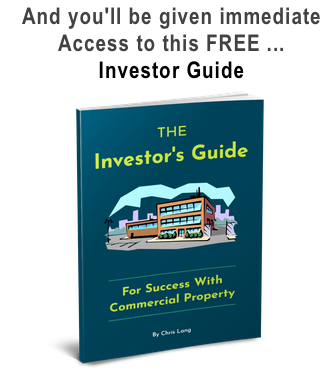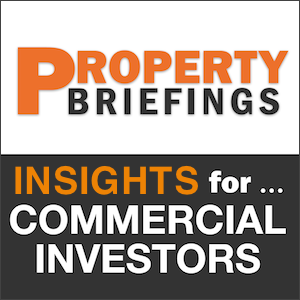
HERE ARE 8 key items which should be on every Commercial property investor’s Checklist.
1. What is the Best Structure?
Between signing the contract and the settlement date, you should always decide precisely what your future intentions are.
Because this will determine the most appropriate vehicle for ongoing ownership.
Is it best to be held in personal names, joint names, a trust or a company?
Always seek legal assistance in assessing things like … asset protection, future income streams, capital returns, succession strategy, income tax and capital gains tax implications, plus development opportunities down the track.
2. Will your Portfolio remain Balanced?
Your aim is to minimise risk with variety. And you can achieve that in several ways.
Have you got a spread of properties, such as offices, industrial and retail?
But you could also achieve an effective spread, by varying their locations.
3. Have you sought Professional Advice on the Property?
It’s okay to believe everything the vendor and selling agent tell you about the property. You simply need to reserve the right to review it all.
Do your due diligence and seek professional advice from property advisers, solicitors, accountants, builders, engineers, or other relevant specialists.
4. What is your conservative View of the Future?
It’s human nature, to view every purchase through rose-coloured glasses.
However, when you’re examining current and forecast annual and long-term returns, you need to determine whether the rent will be maintainable … with competition from other similar properties down the track.
5. Have you allowed for Contingencies?
It’s important for you to have fall-back strategies in place … to deal with unexpected events.
What happens if you can’t find a tenant or if interest rates change? And do you need to consider renovation expenses?
Have you evaluated how council rates and land tax may affect returns if the property were to remain vacant for a period?
6. How could you Add Value?
After settlement … is when you set about implementing your plans to add value.
Some things can be done immediately; whereas others may need to wait until the lease does expire.
For example: you can embark on a subdivision of the property, almost immediately. And have the separate titles approved, subject to certain building works – once the lease expires.
7. Who should Manage your Commercial Property?
There are some investors who think they can save money by managing their commercial property themselves.
Big mistake!
You may get away with it for a residential property… But for commercial property, the risks are far too great – with the potential for litigation, if you don’t comply with numerous legal requirements.
8. What is your proposed Exit Strategy?
Your underlying plan may be to assemble a commercial property portfolio as you approach to retirement. And funding, your later needs with passive income is certainly a worthy goal.
I suggest that you formally review each property every four years. And consciously mount an argument as to why you should continue to hold it.
If you can’t be convincing (and the timing in the cycle is right)… You should look to sell it.
This takes us back to item 6 in the checklist … where I recommend you start implementing your value-add strategy straight after settlement.
Bottom Line: You see, your main goal is to have each property in “ready-to-sell” condition, within 12 months of acquiring it. In other words … any new titles … or planning and building permits … should all be in place by the end of the first 12 months of your ownership.
That way, you’re always in a position to sell the property – and not worry that you will be leaving any money on the table.
Best wishes …














Speak Your Mind